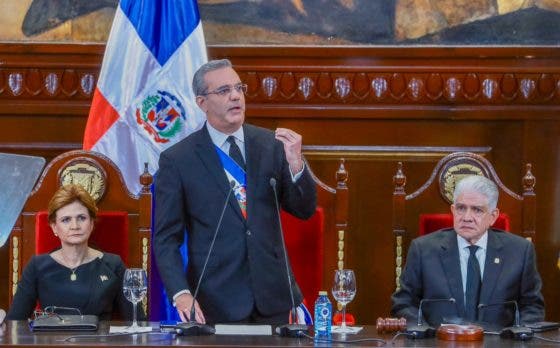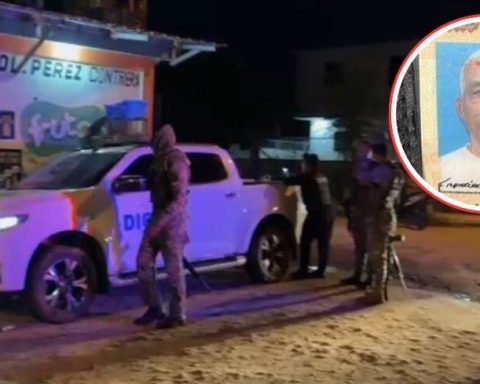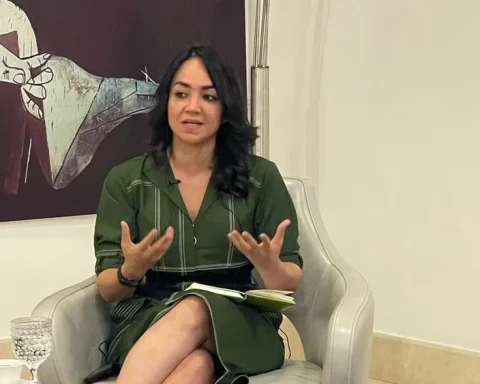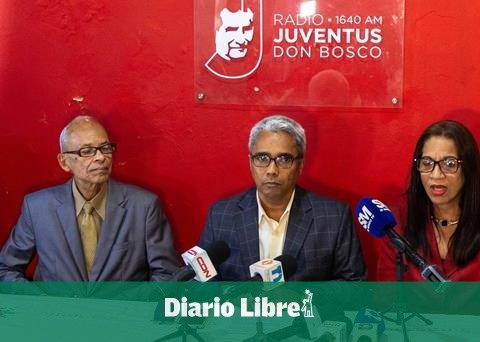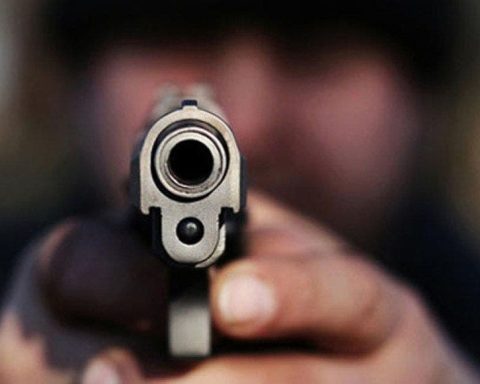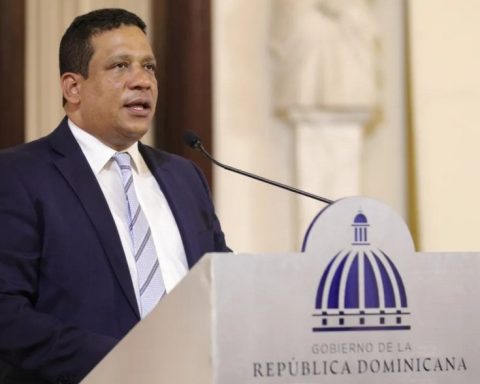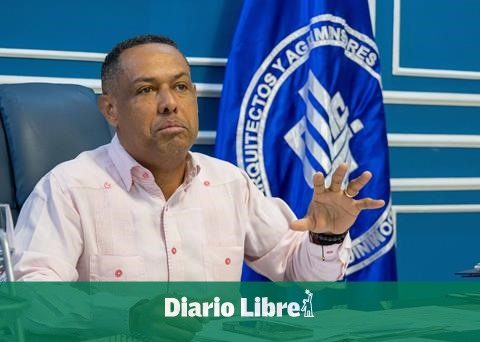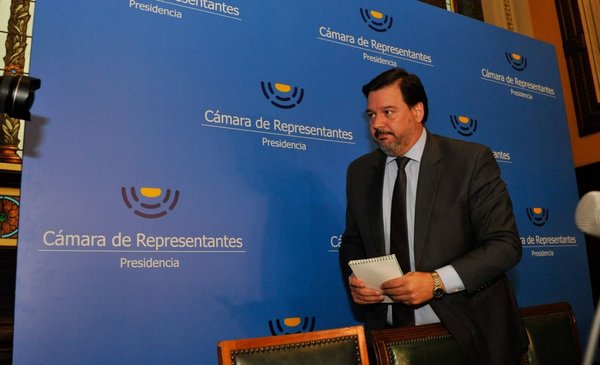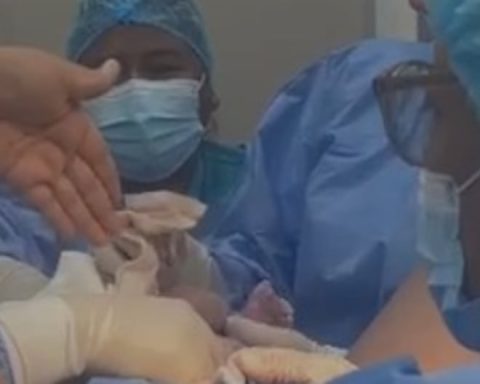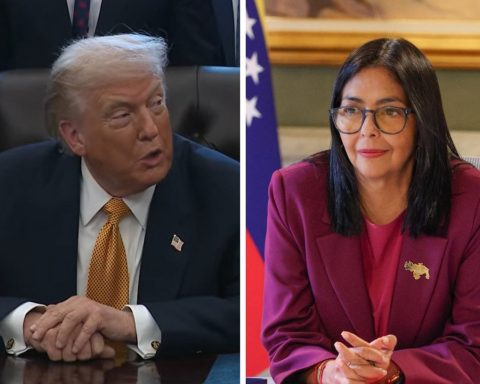Unlike in 2011, Dominicans who earn the minimum wage can buy more pounds of chicken, rice and beans.
This was stated by the president Luis Abinaderwho in his accountability speech before the National Congress on February 27, compared the purchasing power of the Dominican Republic compared to previous years.
The president indicated that for 2011, with a salary of RD$7,583 divided by 55 pesos a pound of chicken at the time, only 138 pounds could be bought. “In other words, Dominican workers today can buy 58 pounds of chicken more than in 2011 with their minimum wage, 42 percent more. And if we do the same calculation with rice it would be 59 percent more, and beans 29 percent more,” he said.
This conclusion is based on a proposal made to him by some young people economists to measure the wage purchasing power of the Dominican Republic.
This is a new index that would be introduced in the discussions political-economics of the country, whose origin comes from an analogy with the “Big Mac Index” of The Economist magazine, referring to the McDonald’s hamburger, which compares the purchasing power between currencies of different countries.
Earlier, Jhovanny Leyba, a member of the Central Committee of the Dominican Liberation Party (PLD), criticized the economic policy of President Luis Abinader after three years of management and prior to the accountability this Monday, February 27, the day the country reached its 179 years of Independence.
The peledeista, who participated in an interview on the newspaper’s special program today digitalcompared the different prices of basic necessities, unlike the governments of Danilo Medina.
“We as a party have made proposals to President Abinader and Ito Bisonó, Minister of Industry, Commerce and Mipymes, and this government has not understood that hunger is a very friendly friend of violence and has not paid attention to our proposals,” Leyba said. .
The member of the Central Committee of the PLD He defined the purple party as the political entity “of opportunities”, and assured that said organization handled two economic crises, but “armored” the basic basket.
